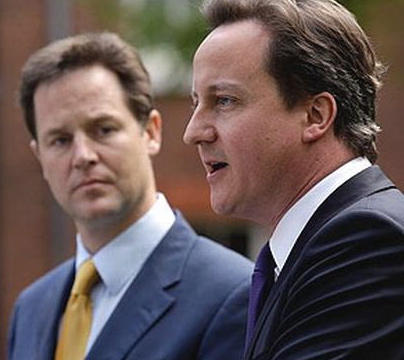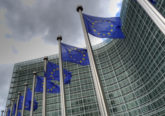One of the problems with political science is that publishing books and articles takes time, but events move quickly. In 2005, Stefano Bartolini wrote an influential monograph, Restructuring Europe, which argued that the ‘Europe issue’ had complicated the internal politics of Member States, but had not yet fundamentally changed party competition.
Cameron’s ‘Europe speech‘, finally delivered on 23rd January 2013, and the anaemic response of Britain’s other major parties — whose leaders ostensibly support the EU but are not willing to expend any political capital making a positive case — have finally forced the issue. Polls show that, while 40% of the British population would vote to leave the EU, 37% would vote to stay.
Britain already has an influential anti-European party, UKIP. Having, until now, benefited from the tacit (if unenthusiastic) support of the existing political elite, the pro-European lobby has had less incentive to create a formal political movement.
However, if the anti-European jungle drums continue to beat louder, it seems only a matter of time before the pro-Europeans organise, perhaps in advance of the June 2014 European elections. With an in/out referendum scheduled for 2017, and Cameron’s plans for ‘renegotiation’ vague (and, by and large, unsupported by his European colleagues, who do not have problems to seek at the moment), next year’s European elections may spark the beginning of a real debate.







No Comment